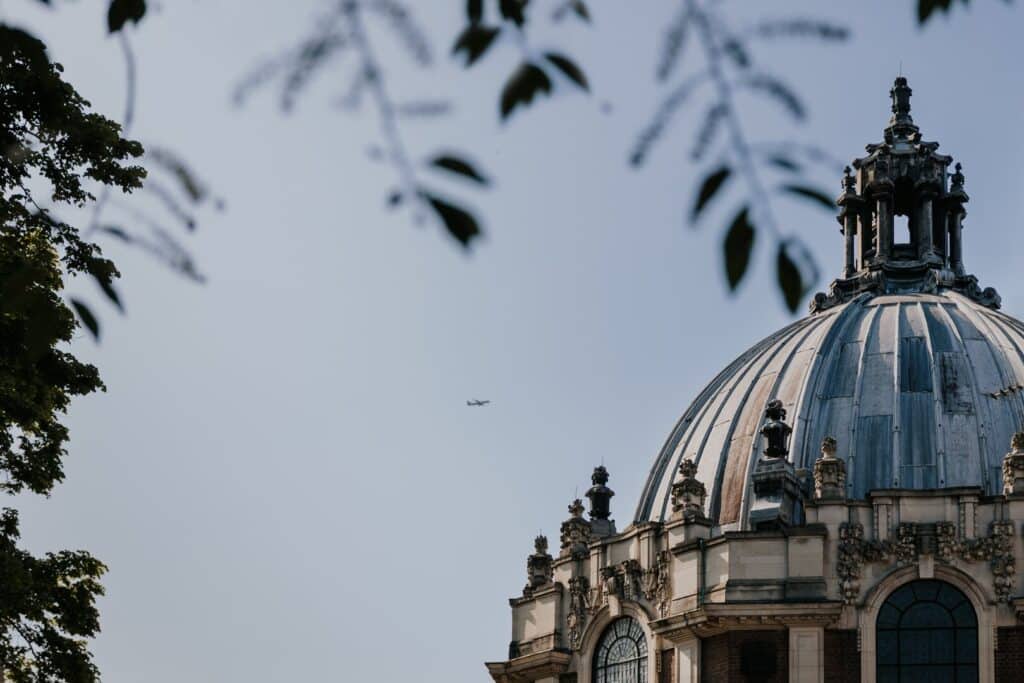Thursday 23rd May
Baroness Warnock began her talk on the relationship between religion and morality by discussing the similarities and differences between public and private morality. She stated that public morality is by nature consequentialist as politicians must consider the consequences of their actions (and as they must also address an audience comprised of people who do not necessarily share their beliefs).
Lady Warnock went on to argue that morality is derived not from religion but instead from human nature. Religion is instead a method for justifying and affirming moral beliefs through narrative and drama. Morality is therefore a human construct which precedes religion. She then considered the erroneous belief that the Lords Spiritual were moral experts (arguing that theological influence on the law often leads to authoritarian results). She used the example of the Catholic Church’s involvement in IVF to illustrate the negative effects on moral progress. She concluded that although religion should fulfil its traditional role in speaking for the weak and marginalised, its authority doesn't supersede that of the state.
Questions considered the influence of religious dogmatism, the tolerance of "barbarous customs" and the existence and basis for human rights and universal moral standards. We thank her for a most stimulating and lucid exploration of some thorny issues.
Ben Evans OS (PBS)



